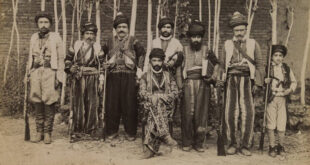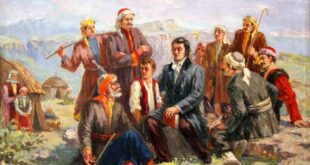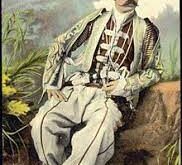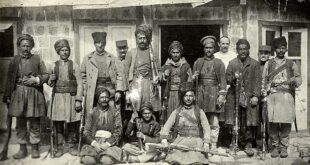BEDIR KHAN
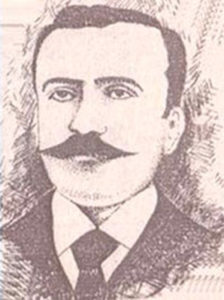
BEDIR KHAN (Badr Khan; d. 1867), last ruler of the principality of Cizre-Botan and by extension also the name of a well-known Kurdish clan that has played important political, social, and cultural roles in Kurdish history since the mid-13th/19th century. The principality of Cizre-Botan was, like those of Bābān and the Hakkārīs, one of the strongest and most developed Kurdish principalities, and Bedir Khan, the last prince, was given the Ottoman title of pasha. In the early 1840s Bedir Khan Pasha led a rebellion against the Ottoman empire, seeking an independent Kurdistan; however, the rebellion failed, and Bedir Khan Pasha and his entire large family were banished from Cizre-Botan first to Istanbul and then to Crete. Bedir Khan Pasha died in 1868 at Damascus. He is reported to have sired as many as ninety or ninety-nine children. His grandson Kamuran Ali (Kāmrān-ʿAlī) Bedir Khan, author, journalist, and linguist, reports that at his grandfather’s death twenty-one sons and twenty-one daughters were still alive and that he personally knew fifteen or sixteen uncles and as many aunts.
Several of Bedir Khan Pasha’s children played important parts in the Kurdish nationalist movement. Among them Osman (ʿOṯmān) Pasha and Huseyin (Ḥosayn) Pasha led the Kurdish rebellion of 1879. Huseyin was executed in 1910. Mithat (Mīṯād), one of the leaders of another rebellion in 1889, published the first Kurdish newspaper (Kurdistan) in 1898 in Egypt. After Mithat’s death his brother Abdur-Rahman (ʿAbd-al-Raḥmān) continued the newspaper, for some time also publishing it in Europe. Halil Rami (Ḵalīl Rāmī) became the governor of Malatya, but, when the new Turkish republic was formed in 1923, he was one of 150 persons who were exiled. Bahri (Baḥrī) Pasha collaborated with the famous Kurdish leader Shaikh Ubeydullah (ʿObayd-Allāh). Emin Ali (Amīn ʿAlī; 1851-1926), a lawyer and civil servant who had also been one of the leaders of the 1889 rebellion, was vice president of the political organization Kurdistan Teali Cemiyeti formed after World War I. He also contributed to a number of journals and newspapers.
Emin Ali Bedir Khan’s son Sureyya (Ṯorayyā; 1883-1938), an author and lawyer, was chairman of the Kurdistan Committee in Egypt in the 1920s and later founded, together with his brothers, the Kurdish political party Xoybûn (Independence) in 1927. Emin Ali’s son Celadet Ali (Jalādat ʿAlī; 1893-1951), the editor of two important Kurdish journals, Hawar (The call; 1932-45) and Ronahî (The light; 1942-45), is best known for his considerable contributions to Kurdish language and literature. He was an author and journalist, one of the founders of Xoybûn. A third son of Emin Ali, Kamuran Ali (1895-1978), who was active all his life in the Kurdish movement, published during World War I the weekly journal Roja nû (New day) in Beirut.
Bibliography:
Sasoni Garo, Kurt ulusal hareketleri ve ermeni kürt ilişkileri (The Kurdish popular movements and the Armenian Kurdish connections), Stockholm, 1985.
Chris Kutschera, Le mouvement national kurde, Paris, 1979.
Zinar Silopî, Doza Kurdistan, Beirut, 1969. Hemreş Reşo, “Mîr Celadet Badr Khan,” Hawar, Berlin, 1976 (new ed.).
Celadet Ali Badr Khan, Mektup 1933, Aleppo, 1973.
 History of Kurdistan
History of Kurdistan
